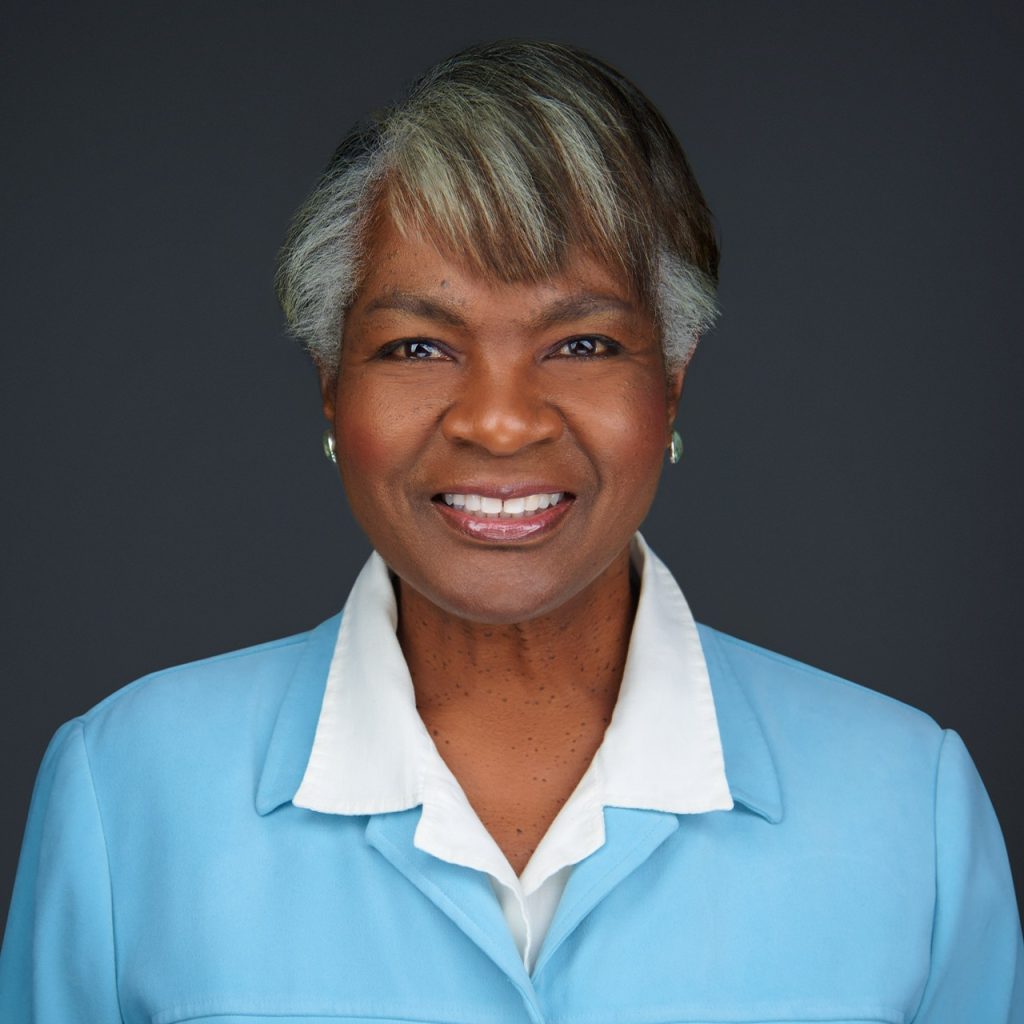Recent data documented in the 2023 March of Dimes Report Card for Tennessee indicates concerning stats for expectant mothers and their babies in the state, particularly Black mothers and babies.
For example, the preterm birth rate among babies born to Black birthing people in Tennessee is 15%, which means that 15% of babies born to Black birthing parents were born before 37 weeks of pregnancy. This rate is 1.5 times higher than the preterm birth rate among all other babies. Preterm babies can face various health challenges, including short-term effects like difficulty breathing due to underdeveloped respiratory systems, feeding issues due to immature digestive systems, and even problems with brain function, as well as long-term effects like learning impairments, vision and hearing problems, and other chronic health issues and conditions, such as Cerebral Palsy.
Davidson County’s overall preterm birth rate of 10.5% is also not good and equals a D+ grade according to the March of Dimes. Top reasons for this include pregnant moms across Tennessee being in an unhealthy weight range, smoking, and having diabetes and hypertension.
The report also indicates that birthing people in Tennessee in general have a very high vulnerability to poor outcomes and are most vulnerable due to mental health and substance use. Factors impacting vulnerability rates include general healthcare, socioeconomic determinants, and reproductive healthcare. For more than 41 years now, Hope Clinic for Women, located at 1810 Hayes Street in Downtown Nashville, has served expectant moms and dads, primarily in unplanned pregnancy situations. Through the clinic’s Bridge Parenting Program, expectant parents have access to free pregnancy and parenting classes, individual and couples counseling, male and female mentoring opportunities, and material resources throughout the pregnancy and the child’s first year of life.
In December of 2023, Hope Clinic piloted an in-clinic, cohort model which brings together clients in the same trimester of pregnancy to build parenting knowledge together, form new friendships, and experience a positive and healthy sense of family and life-affirming care. The belief is that by bringing expectant moms and dads into the experience together, offering education and access to medical expertise, and creating connections through community, we can potentially improve outcomes for healthy deliveries and life-long parenting.
The cohort model combines in-clinic sessions with corresponding video lessons covering six prenatal topics in the first, second, and third trimesters and three postpartum sessions addressing life adjustments and various physical, emotional, and psychological changes that occur after a baby’s birth. The one-hour sessions are led by vetted volunteer facilitators who have a passion for encouraging expectant moms and dads and who want to be supportive resources. Cohort participants can win surprise incentives during sessions, such as free diapers and wipes, baby gift sets, highchairs, and bonus Bridge points that can be spent in the Bridge baby store. Men attending sessions are also honored and commended for their involvement. According to the U.S. Census Bureau, more than 19 million children – or more than one in four children – live without a father in the home. To combat this statistic, Hope Clinic is expanding fatherhood initiatives to bring healthy dads into the family fold.
Other community agencies such as Sunnyside Up Youth Services, Blissful Birthing Tennessee, and Nashville Strong Babies also participate as partners within the cohort program, providing face-to-face education and in-home or in-hospital supportive services for Bridge Program clients. Volunteer male and female mentors make trimester check-in calls to clients to see how the pregnancy is progressing and if there are concerns or resources needed. Hope Clinic nurses also make a third-trimester call to check in and be another voice of encouragement prior to delivery. After delivery, clients complete a Parent Confidence Assessment to determine parental well-being or the need for postpartum intervention, such as free counseling at the clinic.
Hope Clinic’s inaugural cohort group will complete the final postpartum class in August. This first group was ethnically diverse and included married, engaged, and single clients. For some, this was their first pregnancy, while for others, this was not their first rodeo. Cohort members had unique delivery experiences and could share in a safe, confidential setting. Cohort participants will continue classes and remain in the Bridge Program until their child’s first birthday, when they will have a special graduation.
A second cohort group was launched only a few months ago, and a third cohort will start in late August. The hope is that by journeying through the pregnancy, birth, and postpartum process together, expectant moms and dads will benefit from the connections to each other, to the medical and volunteer staff at Hope Clinic, and to community partners and resources, setting them up for success and rewriting the story of maternal health and birthing outcomes in Tennessee.
Jana Evans is a Licensed Master Social Worker and the Cohort Coordinator at Hope Clinic for Women in Downtown Nashville.



